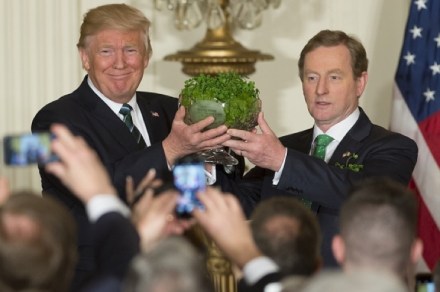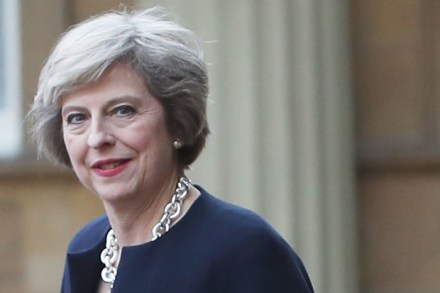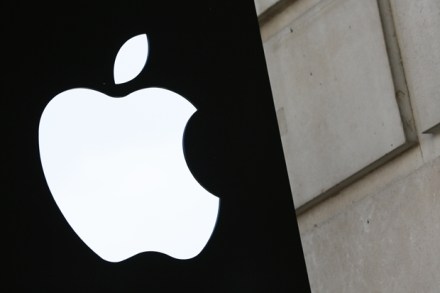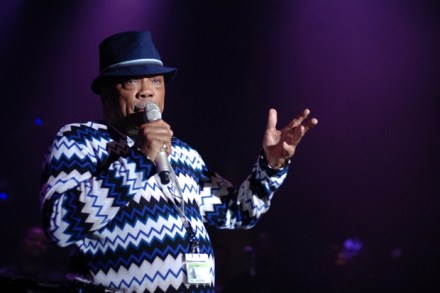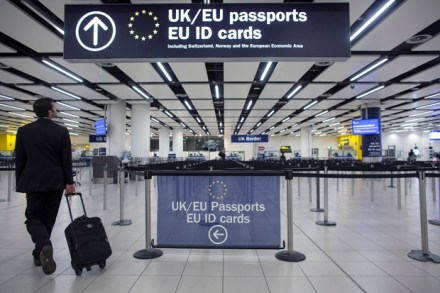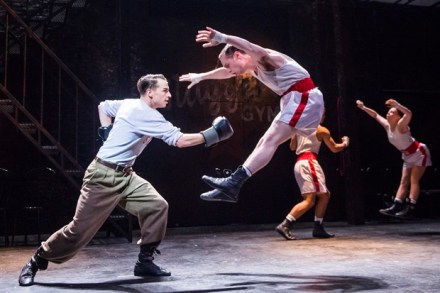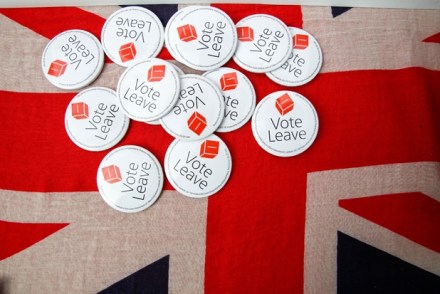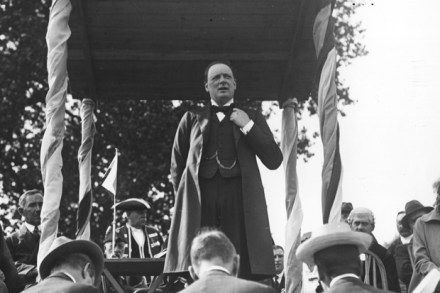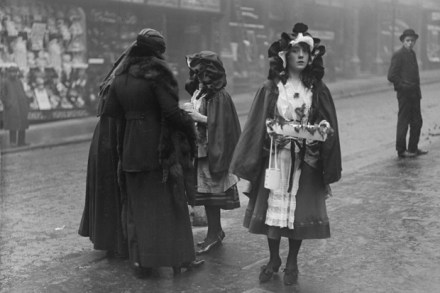Brexit, Ireland and the Trump question
We all have our roles. In the world order which we inhabit, Ireland has one chief international responsibility: each St Patrick’s Day, its Taoiseach (prime minister) sets off to the Oval Office bearing a bowl of shamrocks. Ireland’s current Taoiseach, Enda Kenny, has been in the job since March 2011. In Ireland’s last elections, last February, he fell 29 seats short of an overall majority. From then, he started to face calls to resign. In February 2017, a scandal broke involving a whistleblower in the Gardaí, Ireland’s police. Kenny survived a confidence vote in February, but barely. Later that month, he addressed his parliamentary party, saying he would make the
